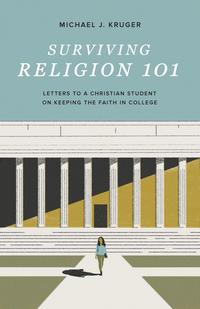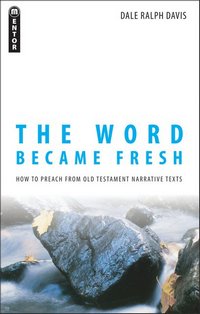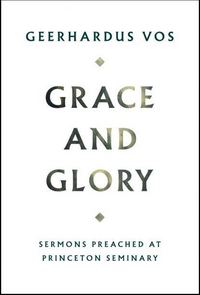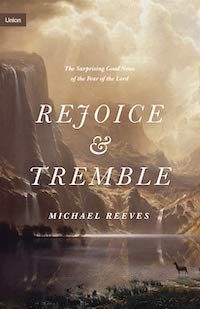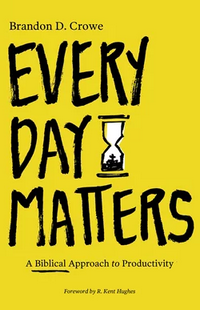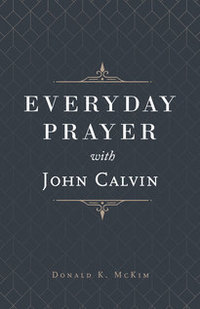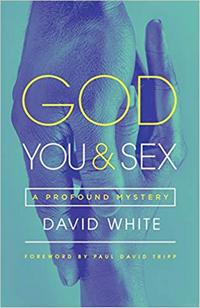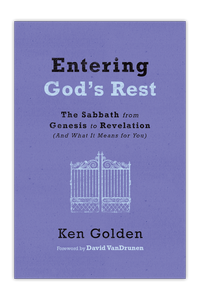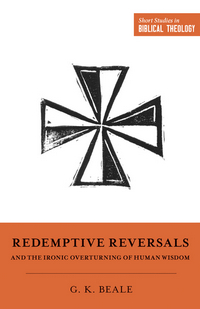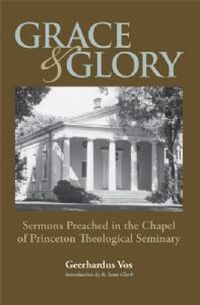One or two of these didn’t end up being as “quick” as I’d intended, but I still don’t think of them as full-fledged posts, I think I’d need another 3-6 paragraphs each before I’d think of them as done. Oh well, what’s important (to me) is that they’re done and I can move on to the next books under consideration.
—
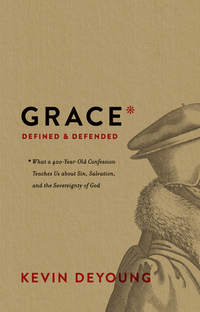 |
by Kevin DeYoung
Hardcover, 95 pg.
Crossway, 2019
Read: May 5, 2019 |
Read the Official Synopsis here.
At their very heart, the Canons of Dort are about the nature of grace—supernatural, unilateral, sovereign, effecting, redeeming, resurrecting grace, with all of its angularity all of its offense to human pride, and all of its comfort for the weary soul. That’s what Dort wanted to settle. That’s what they were jealous to protect. Some words are worth the most careful definitions, just as some truths are too precious not to defend.
This is the second book about the Canons of Dort I’ve read in this 400th Anniversary year, and it’s (not surprisingly) a handy little book.
DeYoung starts off with an introduction sketching the theological and historical context for the Canons of Dort, and explains why we should care about them today. It’s called “In Praise of Precision” and sets the tone for the whole book (the above paragraph is from it).
Then he moves into an examination of each Main Point of Doctrine (what most translations call “Heads of Doctrine”), one chapter for every Point. DeYoung covers them concisely, but thoroughly (well, as thoroughly as you can while being concise). It’s polemical as it has to be, but no further. Honestly, DeYoung saves his most pointed words for those who (on paper, anyway) agree with the Canons, but don’t share the spirit of them.
I’d prefer something deeper, but that’s never what you’re going to get from a DeYoung book, I know it. So that’s not something I hold against it. Really, my only complaint is that there’s no conclusion. The book screams for one, if nothing else, just a couple of pages tying the Points back to the introduction. But other than that, I don’t think I have a bad thing to say about it.
It’s succinct, accessible, full of DeYoung’s typical charm and focused on the precision those assembled at Dort. It’s an entry point to the Canons of Dort, but there are more in-depth studies that readers should pursue (e.g., this)—but this will get you started in the right direction. I should add that it’d be a decent enough examination of them if you’re not curious enough to read more (but you totally should).


 |
by Richard Sibbes
Kindle Edition, 176 pg.
Banner of Truth Trust, 2011
Read: May 19-26, 2019 |
Read the Official Synopsis here.
For the longest time, Richard Sibbes has been my go-to Puritan. His writing taps right into my heart. The doctrine is strong, the application wise, but throughout it all he’s convicting and assuring (in the best way). This collection, sadly, just missed for me.
This is a collection of four sermons from 2 Chronicles describing the work of Josiah. It’s a call to sincerity in the faith, of killing hypocrisy within, of the change that the preaching of free grace can make in the heart which spills into our lives. First and foremost, the goal isn’t the benefits of Christ and desiring them, but to desire Him, to love Him—which will protect from hypocrisy and surface holiness by driving us to something deeper and truer. He then preaches about the art of self-humbling and mourning for our sin. The final sermon focuses on the true desire of the renewed heart—being gathered to Christ. Who doesn’t need to hear/read this message?
It was probably me coming to it when I did, and nothing off in Sibbes’ work. I can’t point to a problem with the book, I just never connected with it. I can see the encouragement, the comfort, the urging to pursue holiness—it’s all on-target, Biblical and well-written. But it left me feeling disappointed. Again, it’s probably really good, and in a couple of years when I try it again, I won’t understand my reaction.

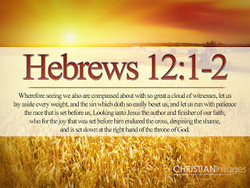
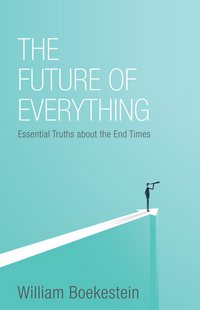 |
by William Boekestein
Paperback, 135 pg.
Reformation Heritage Books, 2019
Read: April 7, 2019 |
Read the Official Synopsis here.
This is a great primer on Eschatology—it covers all the major points, develops them pretty well and shows how one can continue in the study of them as well as how they connect to the other points of the study of the End without losing sight of the rest of life and doctrine.
After setting the stage with a discussion of what Eschatology entails and how we can best understand prophecy, Boekestein moves on to Personal Eschatology—the death that awaits everyone (barring Christ’s return) and then what happens between that death and The End.
Then he moves on to General Eschatology (the End for everyone as a whole), with chapters on Christ’s Return, the meaning of the millennium, the general Resurrection, final Judgement, Hell and the New Heavens and Earth.
The last two chapters involve applying Eschatology to the New Covenant and Missions. How are we to act, think, and live in light of the coming End? These are things that are too often ignored when it comes to the study of Eschatology and it’s wonderful when they’re focused on.
One thing I really appreciated about this was that with the majority (possibly all, but I didn’t take notes on it) of the references to the Psalms that he made, Boekestein quoted/footnoted the Trinity Psalter Hymnal that the URCNA and OPC published last year. It’s a great way to get those metrical versions of the Psalms into your head, and hopefully into your heart (and vice versa).
One other thought I had while reading this is that there’s no need for my pastor to write a book on Eschatology. From his frequently cited sources, his perspectives, and even some of his phrasing, this could easily have had my pastor’s name on it. This doesn’t help any of you, but it is something I couldn’t stop thinking about.
I do wish his coverage of Postmillennialism was a bit more nuanced (and positive). I’m not a card-carrying post-mill anymore, but I still know the position isn’t quite as deficient and problematic as he makes it out to be.
This would a great introduction to Reformed eschatology—I want to stress the Reformed part, because the tradition is rich in its eschatological vision. Not in a focus on the end of the world, the timing of it, and how that’ll look, etc., etc. But how everything since the Ascension has been moving toward this point under the Kingship of Jesus Christ. It’s an assuring book, a helpful book, a great starting point (or refresher) for anyone studying Eschatology. Particularly for those who have no interest in starting such a confusing and volatile subject.


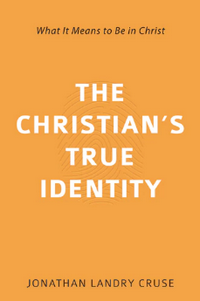


![]()



